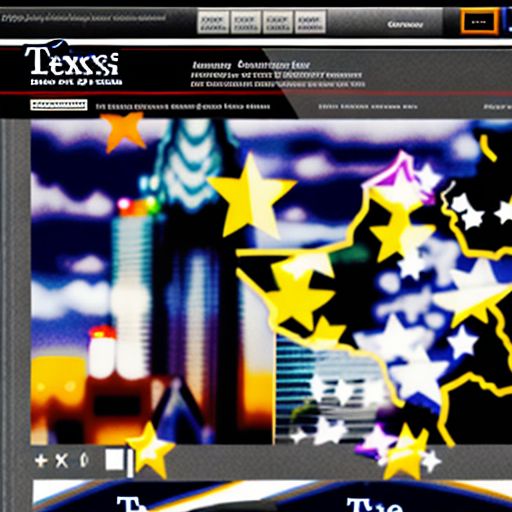BA or BS in Business: Unraveling the Degree Dilemma
Choosing a business degree is a big step towards a rewarding career. But with so many options, it’s easy to get lost in the jargon. One common question that pops up is: Is A Business Degree A Ba Or Bs? Understanding the difference can be key to selecting the program that aligns best with your aspirations.
BA vs. BS: Deciphering the Business Degree Alphabet
Let’s break down this alphabet soup of degrees:
What does BA and BS stand for?
- BA stands for Bachelor of Arts.
- BS stands for Bachelor of Science.
While both signify a bachelor’s degree, they hint at different approaches to the field of business.
The Core Difference: Curriculum Approach
The core difference lies in the curriculum’s focus:
- BA in Business: Typically emphasizes liberal arts alongside core business subjects. Expect courses in humanities, social sciences, communication, and critical thinking, interwoven with business fundamentals.
- BS in Business: Focuses primarily on technical skills and analytical approaches to business. You’ll delve deeper into mathematics, statistics, finance, and data analysis.
business.gamingids.xyz/wp-content/uploads/2024/07/business-students-analyzing-data-66922e.jpg" alt="Business Students Analyzing Data" width="512" height="512">Business Students Analyzing Data
Why Does the Distinction Matter?
You might be wondering, “Does this difference really impact my career?” The answer is: It can.
Matching Your Degree to Your Goals
- Aspiring Entrepreneur or People-Focused Professional?: A BA in Business, with its emphasis on communication and critical thinking, could be a good fit for roles in management, marketing, human resources, or starting your own venture.
- Data-Driven Analyst or Finance Guru?: A BS in Business equips you with the analytical prowess needed for careers in finance, accounting, data analysis, or supply chain management.
Employer Perspectives and Industry Trends
While both degrees hold value, certain industries or employers might lean towards one over the other. For instance, a tech startup seeking a data analyst might favor a BS, while a consulting firm looking for strong communicators might prefer a BA. Researching industry trends and target companies can provide insights.
Frequently Asked Questions About BA and BS in Business
Here are some common questions students have:
- Can I switch from a BA to a BS (or vice versa)? It’s possible, but it depends on the university’s policies and course overlap. Talk to your academic advisor.
- Which degree is “better”? There’s no one-size-fits-all “better” degree. The best choice depends on your interests, strengths, and career goals.
- Do I need a specific degree for an MBA? Not necessarily. Many MBA programs welcome applicants with diverse undergraduate backgrounds.
Making the Choice: Your Path, Your Degree
Ultimately, the choice between a BA and BS in Business is yours. Research different programs, explore course catalogs, and envision your ideal career path. Don’t hesitate to connect with academic advisors or professionals in your desired field for guidance.
What are your thoughts on choosing the right business degree? Share your insights and experiences in the comments below!





